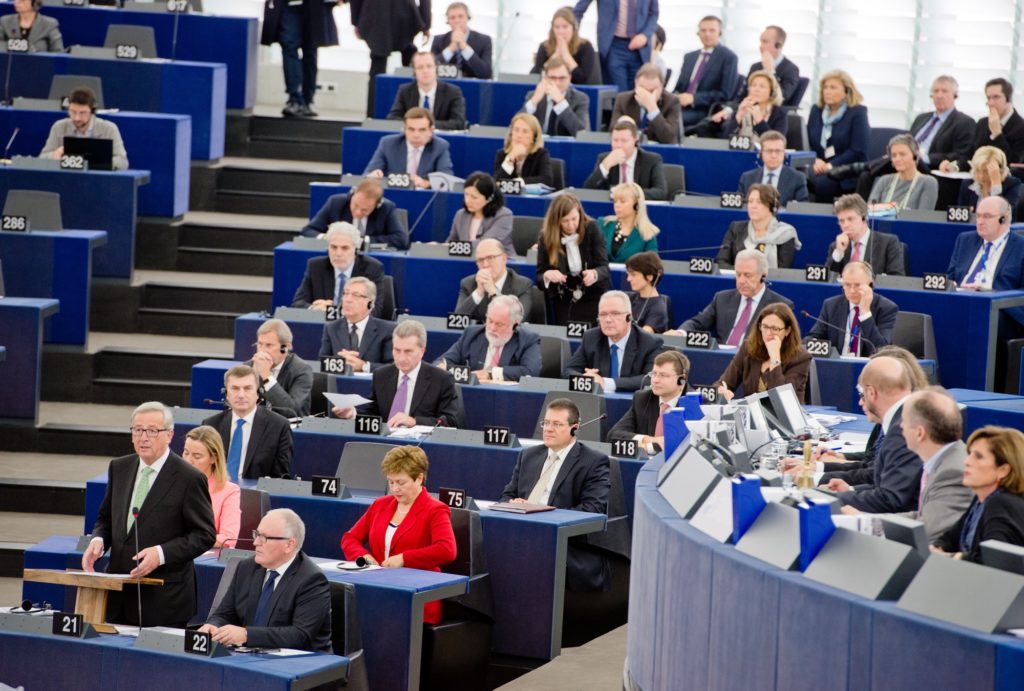The European Parliament elections in 2014 showed a low turnout of 42.6%. In six countries it was below 30%. The challenge of stimulating interest in next elections was discussed last week in Brussels at a public-communications conference at the European Committee of the Regions. In a direct vote on 23-26 May 2019, citizens from 27 EU member states (EU27) will elect 705 MEPs to form the new parliament. According to recent opinion polls (Eurobarometers) interest in the European elections has increased by 10 percentage points since April 2018 and is well above the levels five years ago.
YouVoteEU 2019 is an on-line platform which enables voters to cast their own votes on a sample of 25 real decisions in the European Parliament in the last five years and see which members of parliament, national parties and political party groups in the parliament match their own views.
The platform (https://yourvotematters.eu) has been developed with EU funding by a consortium of five European organisations with the aim of enhancing the dialogue between all the actors involved in the next round of elections (politicians, political parties, citizens, organisations and stakeholders).
VoteWatch Europe, a Brussels based think-tank and one of the members of the consortium, told the Brussels Times that since the launch of the platform last September more than 20 000 people have already tried it. The platform has been further developed with more questions since the previous elections when about 1 million people used it.
It is not unusual to receive a match of 85 % or more with MEPs from one or two of the political party groups in the parliament. Overall results until now show that those who have tried the platform voted in line with the MEPs in 16 of the 25 political issues.
On for example one of the key questions - should asylum seekers be redistributed across EU countries on the basis of a quota system - both respondents (77 %) and MEPs (67%) voted in favour. A final decision on this issue has not yet been taken because of opposition by some member states.
On other questions such as whistle-blowing, animal care, and government debt respondents voted for and MEPs against. There is obviously still some way to go for the European Parliament to represent their constituencies and reduce the democratic deficit.
M.Apelblat
The Brussels Times

